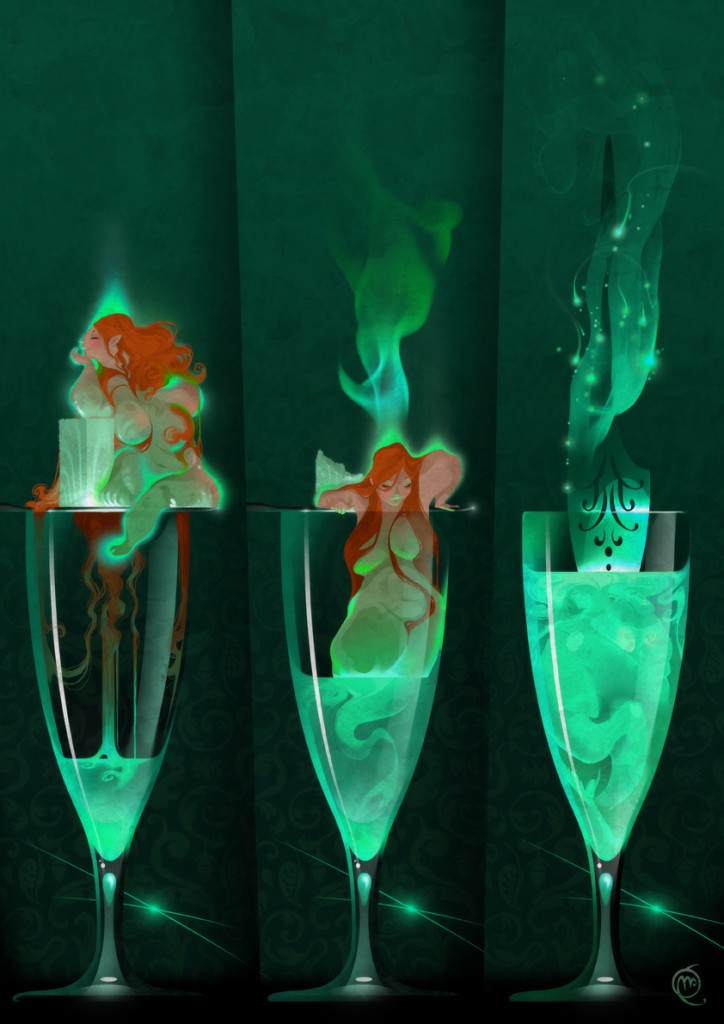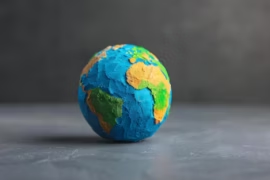“Every day, my comrades’ gunshots echoed somewhere.” As a revolutionary army seizes power, strength is drawn from an object of profound sentimental value…

by: Juan Takai (Translated by Toshiya Kamei)
“Don’t worry. It’s some kind of mistake. Take care of your mother while I’m gone.” Before my father had time to put his glasses on, soldiers wearing olive-green uniforms with red armbands dragged him away and loaded him onto the back of a flatbed truck. That was the last time I saw him. My mother got up from her sickbed and called after him, sticking her hand out the window.
As the soldiers barked at her, she withdrew her hand.
“Long live revolution!” a voice thundered through a megaphone.
Revolutionaries had infiltrated our village. Those who wore glasses, those who read difficult books, and monks who chanted mantras too often were taken away one after another. Some villagers said, “They are welcomed at the Revolutionary Party,” while others said, “They are executed somewhere.”
My mother had no strength left to go see the doctor. Then a boy in a white coat paid us a visit. The doctor, or so he claimed to be, was no older than I was. When my mother took the medicine the boy doctor had prescribed, she vomited blood and died on the spot. I cremated my mother’s body in an open field.
The following day, soldiers came for me. They loaded me onto a truck and dressed me into a soldier’s uniform. I tossed my father’s glasses into an army issued rucksack which contained the few clothes I owned.
It was a couple of days before the capital fell into the hands of the revolutionary army.
Our father-leader’s voice boomed from the loudspeaker. “Don’t laugh. Don’t cry. Everything has changed. We are primitive yet advanced. Separated from the sullied world, we now lead blessed lives. Happiness. Labor. Cooperation. And above all, youth is a blessing. Boys and girls should play bigger roles in society, instead of adults who are polluted with unsavory thoughts. Boy soldiers. Boy doctors. Boy drivers. Boy police officers. Boy executioners. Boy . . .”
Every day, my comrades’ gunshots echoed somewhere. A man bleeding from his head lay facedown in a paddy field. I dragged his body out, leaving a brownish-red trail of blood in the murky water. Pulled by a water buffalo, a college professor was plunged into the mud many times. Grown-ups were killed right and left. That was the way of life.
My Chinese-made gun and my father’s glasses were two things that were dear to my heart.
At times, I wore the glasses in secret. When I put them on, the world would turned blurry. Our leader said, “A bespectacled intellectual is looking at a dirty world through his glasses,” but I couldn’t see such a thing with these glasses on. We lived in a deserted temple that had been converted into the barracks for the sixty-fifth division of the Eastern Battalion after a Buddha statue was torn down. There I held the glasses closer to my eyes, then farther away. However, a few days later, a commander sent from the capital began to have our belongings inspected. I threw the glasses in a field strewn with human bones. I held back tears as I watched the glasses sink into a bog.
One night, I stood guard with my comrades at the entrance to the barracks where the new citizens lay asleep. Unlike the old citizens who had supported the revolution since the beginning, the citizens who joined us later were not to be trusted. That was our leader’s instruction. All the residents had left the capital and now lived in rural villages like ours. The radio repeated that our neighboring country which had turned to revisionism had conspired against the revolution, and therefore, we had to find spies and eradicate them by any means necessary.
All of a sudden, a voice over the loudspeaker roared out. “The moon!”
When I stepped out of the barracks, a partially fragmented moon shone overhead.
“It’s the work of the counter-revolutionaries!”
“What’s going on?”
The voices on the radio and over the loudspeaker became inaudible. A comrade shot and killed a man who was drinking water outside the barracks. They said he was a spy. In the distance, youthful voices yelled, “The moon! The moon!”
“The U.S. Army! A new weapon!”
The boy soldiers began to fire haphazardly at the moon. Anti-aircraft guns began firing from the base outside the village. Flare bombs lit up the night sky. The soldiers in the barracks began stirring. A few stuck their heads out the window. But the comrades fired shots at each other, and all hell broke loose.
I was scared of the moon. As I ran as fast as I could toward the outskirts of the village, I stumbled over what appeared to be human bones and fell down flat on my face. There I found mud-caked glasses. What can I see through them? I wondered. I held my breath and listened for a few seconds, but no one was around. With a sigh of relief, I sat down on a tree stump, wiped the glasses with my sleeve, and put them on. Above my head, a partial moon hovered in the western sky.
“How are you doing, my son?” I heard my father’s voice from the glasses.
“Parts of the moon are missing,” I said.
“Why don’t you go to the moon’s roots?”
I got up and ran east, occasionally looking back toward the sparks of gunfire behind me.
“Last night, guided by a spy, our enemies attacked our prosperous country to make the moon disappear. Our army fought back bravely and the moon was restored! Thank you, comrades. However, one comrade from the sixty-fifth division died in battle. I will bestow a moon medal on him.”
As our leader’s voice beamed over the border patrol’s loudspeaker, I jumped into the river. No one seemed to have noticed me. I wasn’t followed. Up to my chin in the water, I was adrift, but I eventually reached the opposite shore. Soon, soldiers in different military uniforms gathered around me. Some of them had glasses on.
“They never taught him how to swim.”
“They seemed to have killed everyone with glasses.”
“No wonder they’ve defeated the lunar eclipse!”
“Let’s take him to the medic for now.”
Two soldiers flanked me and dragged me while they laughed. From the opposite bank, the loudspeaker kept blasting out a speech celebrating the victory over the moon. My home grew further away.





